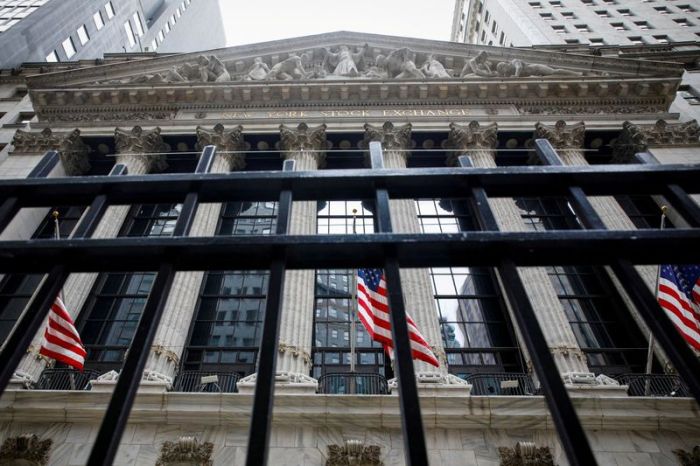BERLIN (Reuters) – Lufthansa said on Tuesday it was seeing a surge in demand for flights to the United States and to European destinations following a loosening of German travel restrictions as coronavirus case numbers decline.
Demand for summer flights to New York, Miami and Los Angeles has increased by up to 300%, the German airline group said, adding it would lay on extra flights from June and has restarted services to Orlando and Atlanta.
“Because of the great significance of transatlantic air travel for the global economy, we now need a clear perspective on how travel between the USA and Europe can return on a larger scale,” executive board member Harry Hohmeister said.
Falling infection rates and a rising number of vaccinations should allow for a cautious increase in transatlantic air travel, Hohmeister added in a statement, urging Germany to come up with a clear plan to make this possible.
The government in Berlin said earlier this month it wanted to lift quarantine restrictions on Germans who have been fully vaccinated re-entering the country.
But plans for a European Union-wide digital health pass that would provide proof of immunity for travellers are still in the works and it is not expected to be rolled out until late June. It’s also not yet clear how travellers visiting from outside the EU would be covered under the scheme.
Lufthansa, saved last year by a 9 billion euro ($11 billion) government bailout, is also seeing a threefold increase in demand to fly to European holiday destinations such as Greece, Italy, Spain and Portugal.
Lufthansa said that its budget airline Eurowings was arranging an extra 500 flights to Palma de Mallorca, Ibiza and Greece. Lufthansa will also expand its flight schedule on short notice if demand continues to increase, it said.
($1 = 0.8183 euros)
(Reporting by Douglas Busvine; Editing by Kirsten Donovan)
























